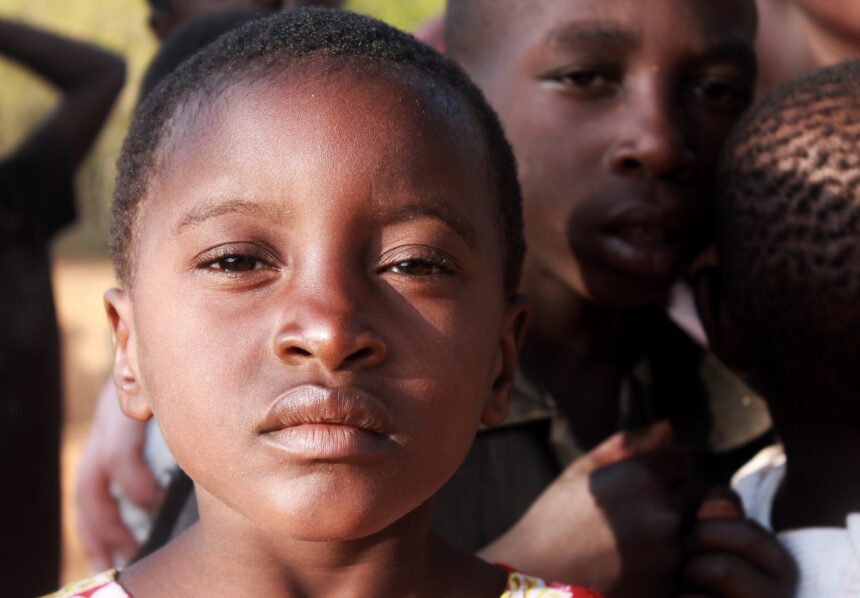Climate change and extreme weather events are posing significant threats to the sexual and reproductive health (SRH) of young adolescents in Kenya, as highlighted in a recent study published in BMJ Global Health. The study sheds light on how food, water, and sanitation insecurities are exacerbating risks for young adolescents aged 10–14, particularly girls, leading to consequences such as school dropout, transactional sex, gender-based violence, and early pregnancies.
Lead author Dr. Carmen Logie, a Professor at the University of Toronto’s Factor-Inwentash Faculty of Social Work, emphasizes that climate change is not just an environmental issue but a pressing public health emergency for young adolescents. The study uncovered narratives from young adolescents and community elders detailing how droughts, floods, and resource shortages are compelling children to leave school or engage in transactional sex for basic necessities.
The research, conducted in collaboration with two Kenyan community-based organizations, involved 297 participants across six climate-affected regions in Kenya. Through focus groups, walk-along interviews, and participatory mapping workshops, the study explored the impact of climate change-induced insecurities on SRH risks among youth.
Girls shared stories of the stigma associated with lacking clean clothes or menstrual supplies, resulting in school absenteeism or entering exploitative relationships to fulfill basic needs. These experiences reflect broader gendered vulnerabilities exacerbated by climate change, as noted by co-author Aryssa Hasham, a Research Officer at FIFSW.
The study identified various pathways linking extreme weather events to adverse SRH outcomes, including disruptions in food systems leading to school dropout, homelessness, and sexual exploitation. Water shortages exposed girls to harassment and violence while collecting water, and inadequate access to safe sanitation contributed to menstrual-related school absences and coerced sexual encounters for menstrual supplies.
The authors advocate for climate-informed SRH interventions tailored to the realities of young adolescents in resource-constrained, high-risk environments. They urge policymakers, NGOs, and health systems to develop adolescent-centered, gender-transformative programs addressing the root causes of insecurity to safeguard the health and future of young people.
Dr. Julia Kagunda, Director of Elim Trust and a co-author of the study, stresses the urgency of implementing climate-informed programs to protect young people’s health and well-being. The findings serve as a roadmap for stakeholders working at the intersection of environmental justice and adolescent health.
For more information on the study, titled “Climate change, resource insecurities and sexual and reproductive health among young adolescents in Kenya: a multi-method qualitative inquiry,” published in BMJ Global Health, visit the DOI link: 10.1136/bmjgh-2024-016637.
This study underscores the critical need for proactive measures to address the complex interplay between climate change, resource insecurities, and SRH risks among young adolescents in Kenya. It calls for concerted efforts to protect vulnerable youth and empower them to navigate these challenges effectively.








